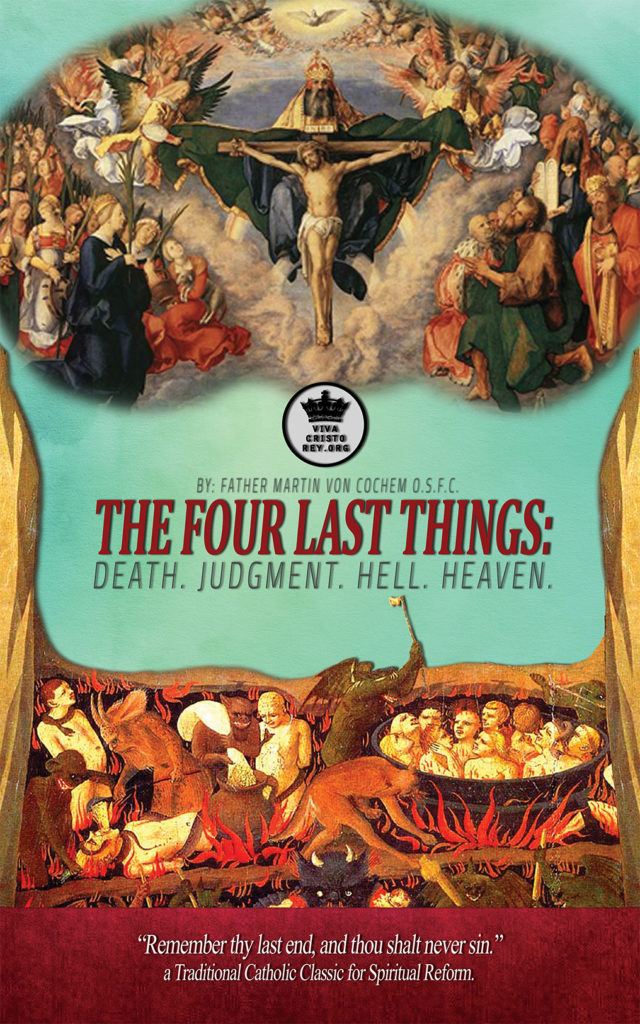(Summa Theologica, I-II, qq. 6-17.)
Human acts are a means to man’s Last End, inasmuch as they are meritorious:
- Labors that deserve a recompense (I Cor., iii. 8)
- Struggles that deserve a crown (II Tim., ii. 5).
But works are not meritorious unless they are one’s own (human) and good (moral); and, since the reward is supernatural, they must also be the fruit of grace. Hence, we shall speak of acts in the following order:
- Acts as human and free (Art. 2)
- Acts as morally good (Art. 3)
- Acts as supernaturally meritorious (Art. 4)
Definition
Those acts are called human of which a man is the master, and he is master of his actions in virtue of his reason and his will, which faculties make him superior to non-human agents that act without reason and freedom. Hence, the following kinds of acts done by a human being are not called human:
- Those that are not under the control of the mind, because one is permanently or temporarily without the use of reason or without knowledge (e.g., the acts done by the insane; by those who are unconscious or delirious, under the influence of hypnotism or drugs, distracted or carried away by vehement fear, anger, etc.; by infants and uninstructed persons).
- Those that are not under the control of the will, even though they are known (e.g., automatic acts, such as the acts of the vegetative powers, growth, circulation of the blood; pathological acts, such as convulsions; acts done under external violence).


TITLE: The Four Last Things: Death. Judgment. Hell. Heaven. “Remember thy last end, and thou shalt never sin.” a Traditional Catholic Classic for Spiritual Reform.
AUTHOR: Father Martin Von Cochem
EDITOR: Pablo Claret
Get it as a PAPERBACK:
vcrey.com/4-last-things-book

Get it as a an AUDIOBOOK on Google Play:
vcrey.com/4-last-things-audiobook

Get it as a an AUDIOBOOK on Apple Books:
See our catalogue of Catholic books and audiobooks:
https://vivacristorey.org/en/catalogue/